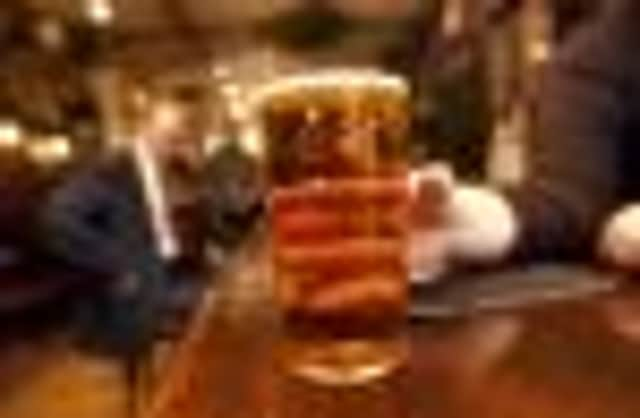Binge drinking and cannabis ‘damage teenagers’ brains’


Chronic abuse for just a year and a half damages white matter and leads to worsened neuro-cognitive abilities into adulthood, researchers say.
Drink and drug abuse is also associated with poorer neural structure, function and metabolism, and can change the structure of the brain and lead to diminished self-control, it is claimed.
Advertisement
Hide AdAdvertisement
Hide Ad“Research has shown differences in the brains of teens who use alcohol and marijuana as compared to teens who do not use these drugs or report only very infrequent, minimal use,” said Joanna Jacobus, of the University of California, San Diego, and lead author for the study.
“Alcohol and marijuana may have a negative impact by altering important cellular communication in the brain, preventing development of new healthy cells, and/or causing inflammation, which can adversely impact healthy brain development in many ways.
White matter, the areas of the brain which contain the “information highway”, allows for quick and efficient communication between brain regions. If these are damaged, it can mean slower processing and poorer performance in memory, attention and decision-making.
A teenager’s brain is still developing, and brain connections which inhibit risky behaviour are still forming, meaning some youths are likely to think of the immediate effects rather than the consequences.
Co-author Professor Duncan Clark said. “Maturation of the brain during adolescence is thought to be the foundation for self-control. The developing adolescent brain, compared to the fully developed adult brain, is also probably more vulnerable to alcohol neurotoxicity.
“Adolescents are vulnerable to loss of control and, when this loss of control involves substance use, excessive or risky substance use can have adverse consequences.”
For the study, published in a special online issue of Alcoholism: Clinical & Experimental Research, the researchers followed 92 adolescents – 63 males, 29 females – aged between 16 and 20 who were divided into two groups: 41 with extensive alcohol and marijuana use histories and 51 with consistently minimal, if any, substance use. They all underwent extensive brain scans.
Poorer white matter tissue health was found in teens who engage in heavy alcohol and marijuana use and that health declined over the period of the study.
Advertisement
Hide AdAdvertisement
Hide AdProf Clark said: “We are concerned that even subtle deficits in brain microstructure may lead to diminished self-control.”
Ms Jacobus added: “Our findings underscore that early initiation of alcohol and marijuana use can have negative implications on the brain.
“We hope this information can be communicated to teens to help them understand why drinking during adolescence is discouraged.
“In the future, biomarkers such as tissue health may help identify teens that are particularly vulnerable for engaging in riskier behaviours such as drinking.”